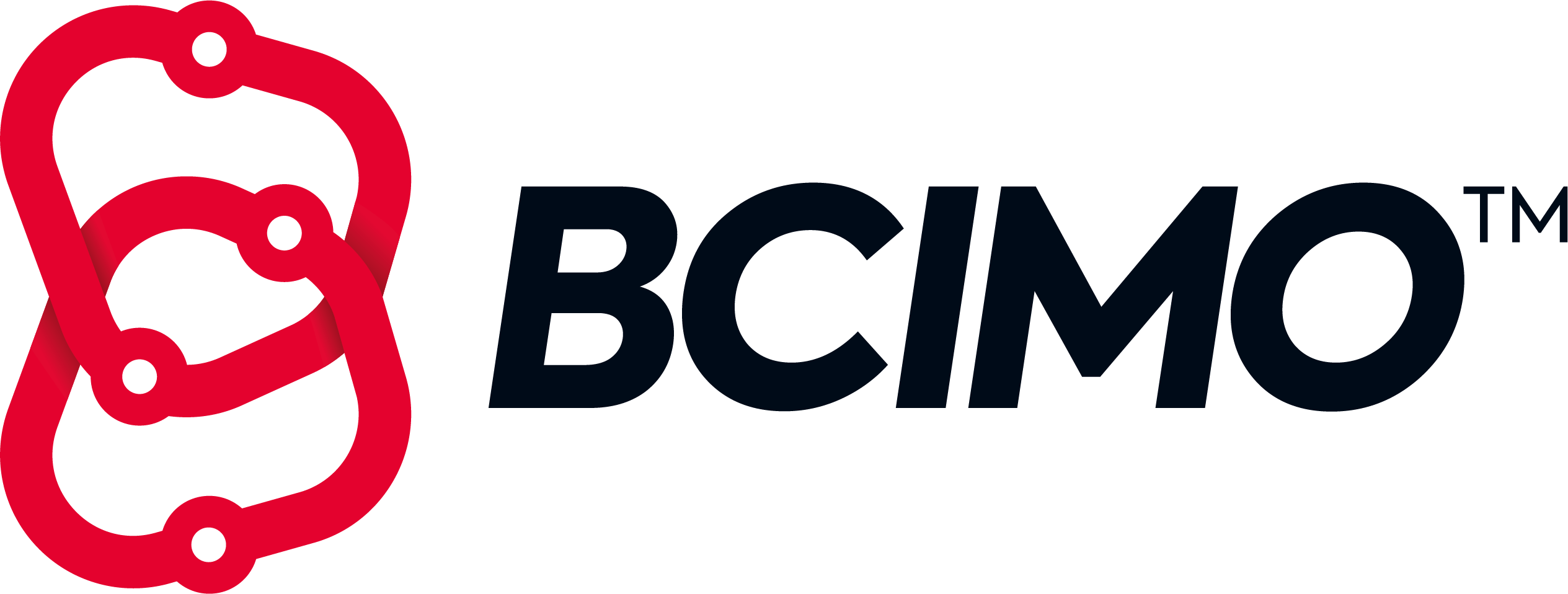Following on from the success of Cohort 1 of the Clean Futures Accelerator programme, prospective Cohort 2 SMEs visited BCIMO this week for an in-depth workshop to explore both the process of applying and the facilities available to those innovating for the rail sector.
The Clean Futures Accelerator is a comprehensive programme of funding and support for regional SMEs with a clean technology innovation for transport. Criteria include that the innovation must address specific challenges faced and defined by the sector, and it must already be at a minimum of Technology Readiness Level (TRL) 5. Whilst Clean Futures spans both rail and automotive, BCIMO specialises in supporting the former, with Coventry University supporting the latter. Each year, the programme seeks successful applications from 20 SMEs across the two partners and this year, the deadline for submission is 9th June.
The Application Support Workshop began with a welcome from the Head of SME Development, Naomi Arblaster. She introduced the role of BCIMO as a key Research and Technology Organisation (RT) supporting SMEs within the region, and outlined the comprehensive range of both technical and commercial facilities available at the Very Light Rail National Innovation Centre (VLRNIC) in Dudley.
A detailed overview of Clean Futures was then presented by Strategic Development Manager, Alec Gillham, detailing the content of and timeline for Cohort 2 of the Accelerator programme, which will run from August 2024 to February 2025, and includes a range of both group in-person and online sessions, and one-to-one support tailored to the needs of each individual SME.
With BCIMO specialising in support for innovators in the rail sector, the spotlight was then on Martin Little, Strategic Business Partnerships Manager, who delivered an overview of UK Rail’s Decarbonisation Challenge; in essence the overall challenge that innovators will be addressing. This included a broad view on embedding sustainability at the core of national rail strategy, the shift from fossil fuel powered rolling stock to electric and hydrogen, the essential role of light and very light rail systems in urban connectivity, and the often-overlooked aspects of manufacturing, infrastructure and facilities management within the industry.


Turning specifically to the remit for Cohort 2, Pierre Bouché, of Connected Places Catapult, then detailed the specific challenges SME innovations will need to address, namely: Clean and Efficient Vehicle Manufacturing and Assembly, Design or Production of Cost-Effective Solutions for a Clean Transportation Infrastructure, and ‘Future Fuels’. This year, there is also an Open Challenge, which aims to attract ‘suitable, innovative solutions which support cleaner transportation and/or manufacturing in general’, with a specific focus on those which contribute to the goals of the West Midlands ‘2041 Plan’ to achieve its net zero targets.
Followed by details of how to apply for the programme and the scoring criteria used for applications, the session ended with a Q&A opportunity, hosted by Naomi Arblaster. Over lunch, workshop attendees had a tour of the VLRNIC, with an exploration of the full range of facilities – encompassed within the Rail Development & Test Site – that successful applicants will be able to access to test and demonstrate their innovations, including the Engineering Hall, 2.2km Rail Test Track with its 15m radius Rail Test Loop and 870m Tunnel, and of course, not forgetting BCIMO’s newest platform for innovation – its T69 Tram.

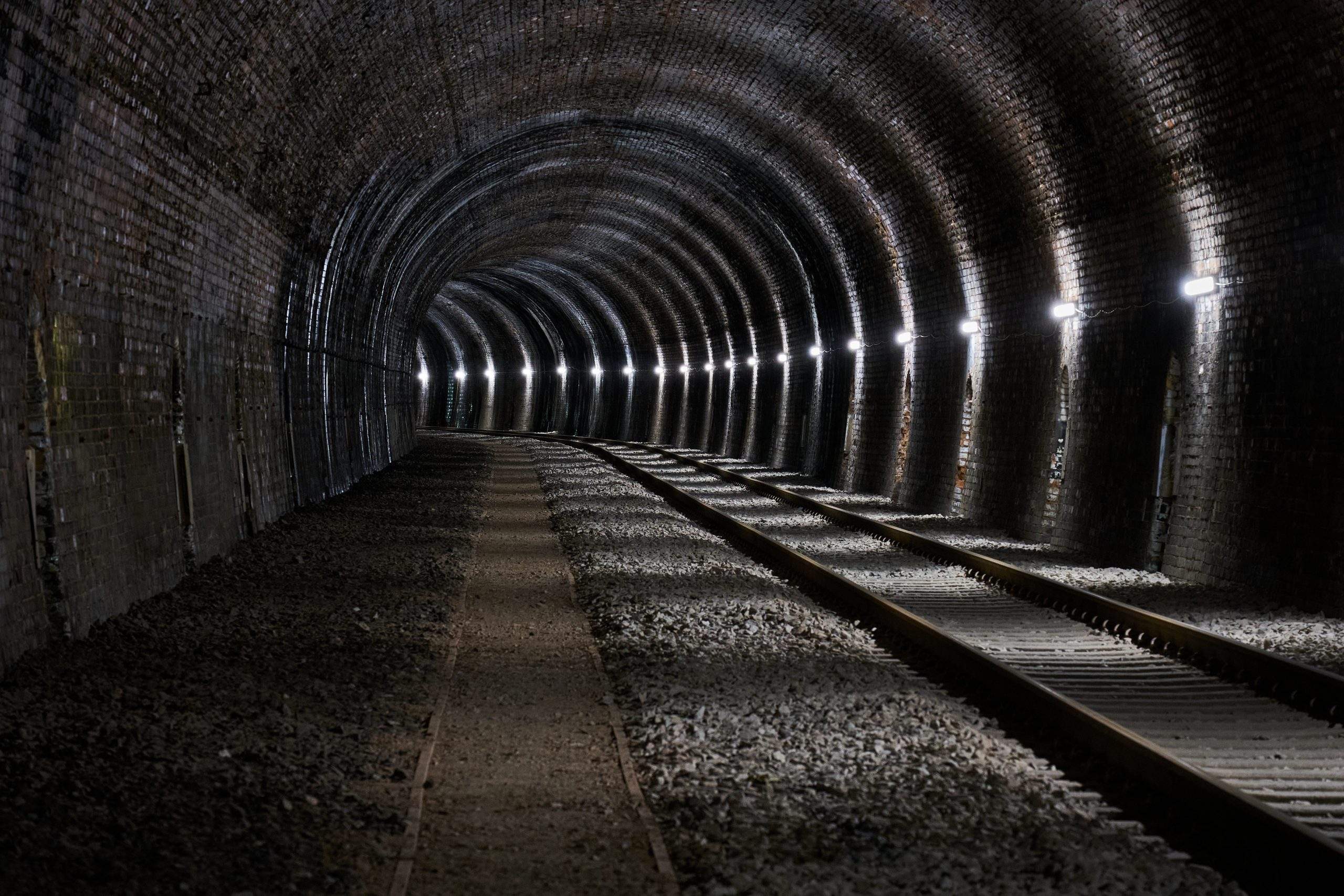
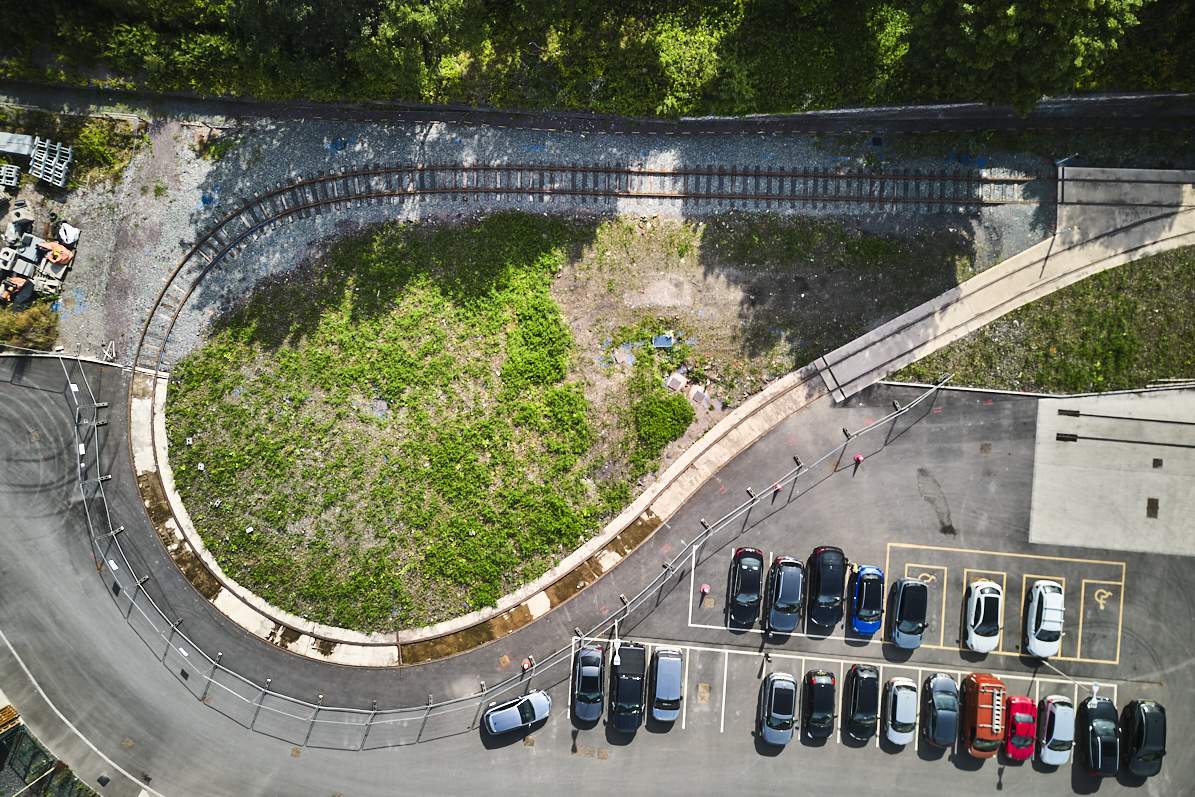
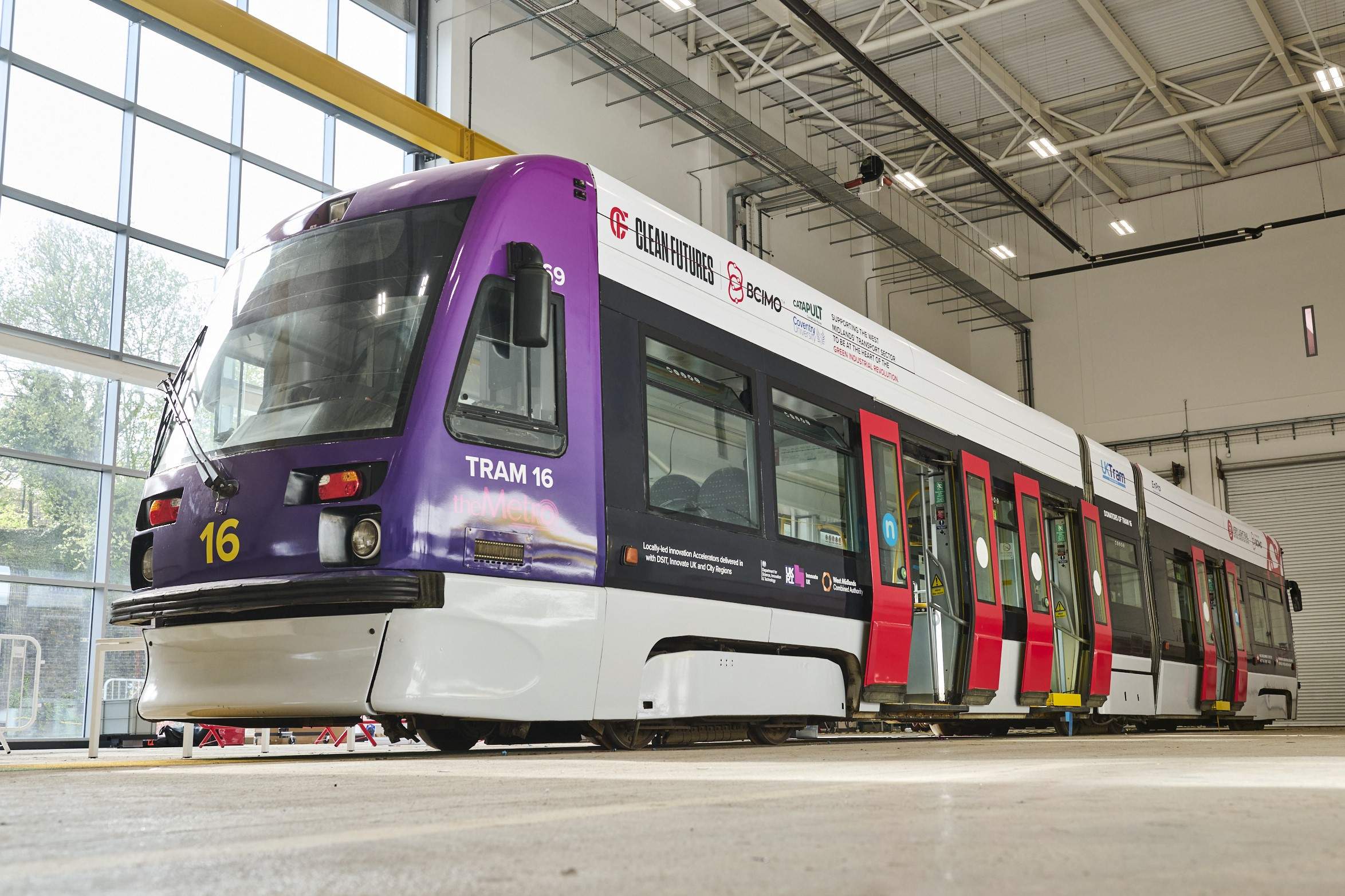
In the afternoon, SMEs returned to the Training Room for a deep-dive into the experiences and successes of Cohort 1, through their individual Case Studies, and insight into the essential role of the interdependent industry and investor partner boards from Chair of the former, Martin Little. He outlined exactly why this programme is so different and so successful in facilitating the acceleration of an innovation’s ‘route-to-market’, through the unique tripartite relationship created within the Clean Futures framework by BCIMO.
For SMEs now keen to get started on drafting and submitting their applications through Connected Places Catapult, Naomi Arblaster, along with Head of Engineering & Programmes, Tony Joy, guided attendees through the process, with specific reference to their use of the VLRNIC facilities – more detail on the generic sections of the application form are covered by CPC in their Application Support Webinar session. Finally, all SMEs were offered in-depth one-to-one sessions with members of the technical and commercial teams at BCIMO, to discuss their innovations and applications in more detail.
Overall, the day was yet another important milestone in the Clean Future programme, and for the BCIMO team – following on from the celebrations of Cohort 1 Demonstration Day – another exciting ‘station along the track’, as they look ahead to welcoming Cohort 2 over the summer.

Reflecting on the success of Cohort 1 and looking forward to welcoming Cohort 2, Martin Little, Strategic Business Partnerships Manager at BCIMO, said:
“Putting the Clean Futures programme in the context of rail’s strategic objectives is crucial for recruitment and best outputs. Understanding how high-level carbon targets translate in commercial and operational reality has been a key factor in the successful throughput of our first cohort of SMEs.”

Following the tour of BCIMO facilities, Senior Engineer Phil Hemming, added:
“It was really good to meet the potential companies that are interested in the Clean Futures programme and discuss their innovation. From the technical perspective, we are looking forward to supporting the application journey for all companies. We can provide technical support in the challenge areas and provide the best coaching and guidance to support their application process.”
For more information on BCIMO and the Clean Futures programme please visit the BCIMO website or Contact Us to make an enquiry.
BCIMO is a not-for-profit Research and Technology Organisation (RTO) and operator of the Very Light Rail National Innovation Centre (VLRNIC), a unique, world-class centre for rail innovation based in Dudley in the West Midlands.

Google Map Location: BCIMO
what3words Address: ///shades.glue.tile
Sat Nav: DY1 4AL
Postal Address: BCIMO, Very Light Rail National Innovation Centre, Zoological Drive, Dudley. DY1 4AW
Email: info@bcimo.co.uk
Phone: 07769 586893
